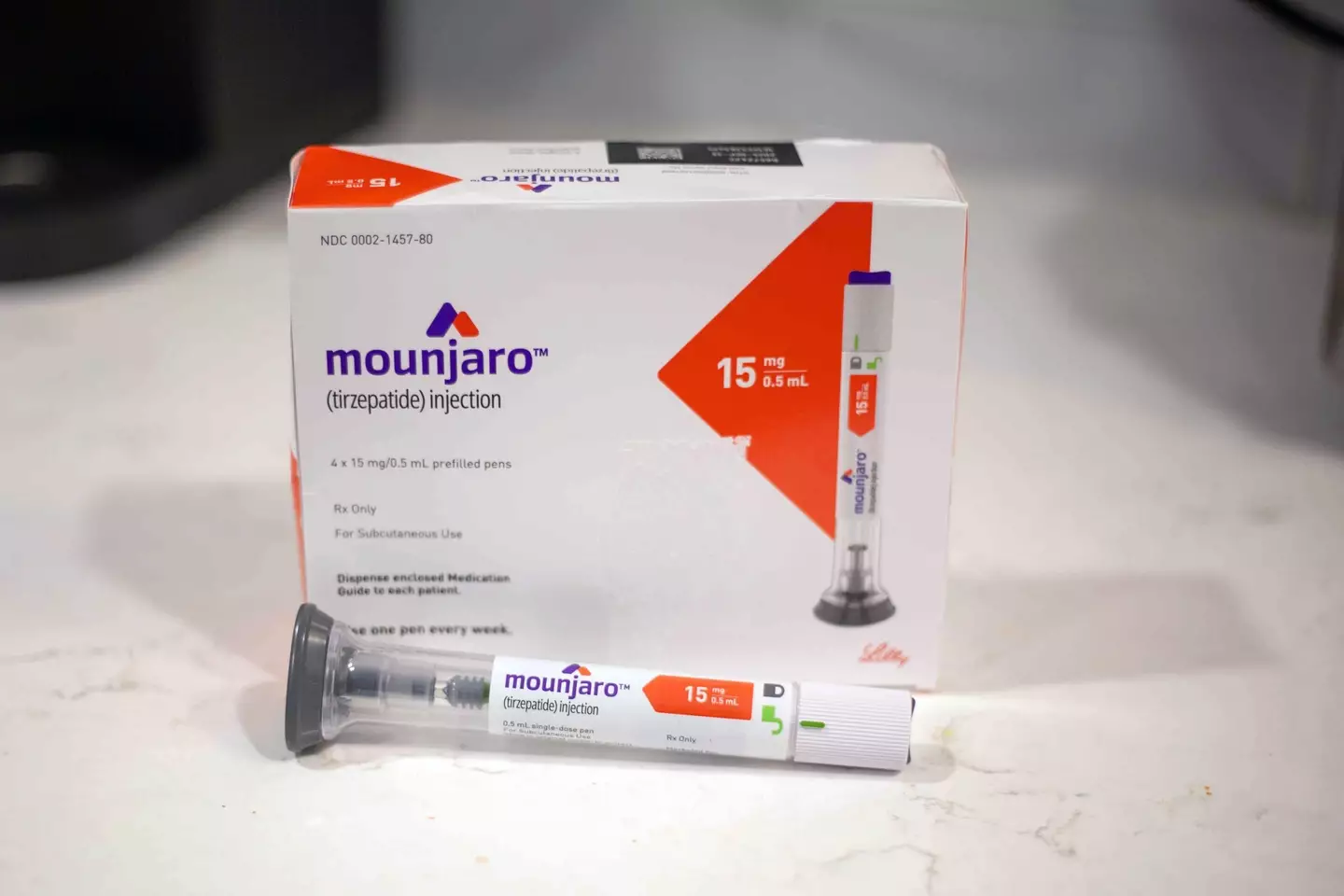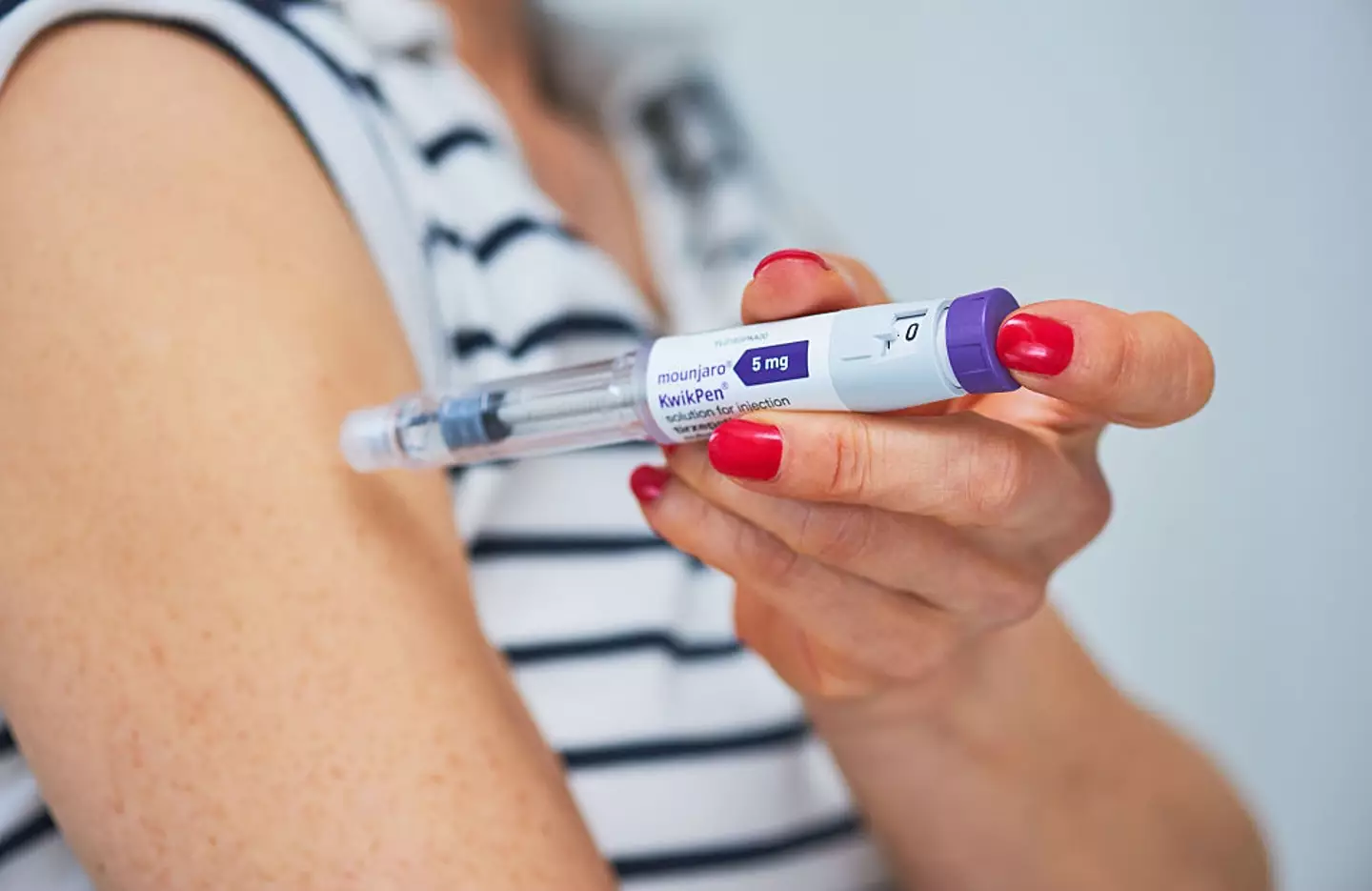
A major change has just been announced when it comes to the United Kingdom's access to Mounjaro as 1,600,000 people are now expected to receive the weight loss drug.
As of today (23 June), tirzepatide - which is a form of Mounjaro - is now available on the NHS for a limited number of patients in England.
The weight loss medicine works by making users feel fuller for longer and therefore less hungry. It comes in the form of an injection which you inject yourself, once a week.
While it won't be accessible to everyone who wishes to use it, those with the highest health risks and who meet the clinical criteria will be prioritised. However, it is also important to note that meeting the criteria does not necessarily guarantee access.
Advert

Who is eligible for Mounjaro from GPs right now?
Clinicians will only prescribe the drug, which helps the management of obesity, if they consider it an appropriate treatment and if the patient has four or more of the following weight related health problems, as well as BMI of 40 and over:
• type 2 diabetes
• high blood pressure
• heart disease
• obstructive sleep apnoea
• abnormal blood fats or dyslipidemia
While the National Institute for Health and Care Excellence (NICE) has recommended Mounjaro for the management of obesity, it has also advised prospective patients to couple the treatment with a balanced, reduced-calorie diet as well as regular physical activity.

Impacts of Mounjaro
Dr Claire Fuller, co-national medical director of primary care at NHS England, has stated that greater access to weight-loss drugs will make a 'significant difference to the lives of people living with obesity and experiencing severe ill health.'
"This is an important next step in the rollout of weight-loss drugs, with community-based services now able to offer this treatment from today," she said.
Prof Kamila Hawthorne, the chair of the Royal College of GPs, adds: "While we recognise the potential benefits of weight-loss drugs, we know many GPs are concerned about the implications of the rollout of weight-loss drugs into general practice, both in terms of workload and training to appropriately initiate and manage these treatments.
"GPs and our teams are already working under intense workload and workforce pressures, and this must be factored into this rollout in order to guarantee it can be delivered safely.
"More widely, while weight-loss medications have a lot of potential benefits for patients who are struggling to lose weight and who meet all the clinical criteria for a prescription, they mustn’t be seen as a 'silver bullet' to aid weight loss.
"We also need to see a focus on prevention, stopping people becoming overweight in the first place so they don’t require a medical intervention later."